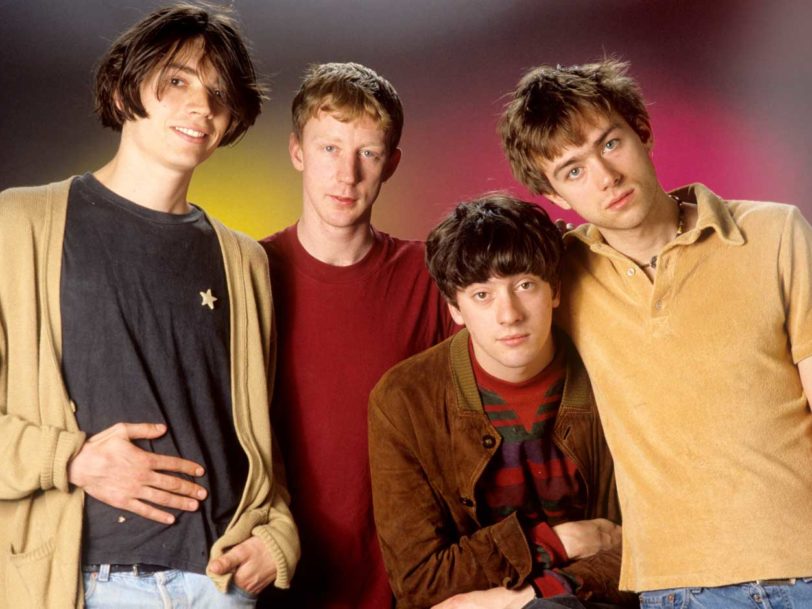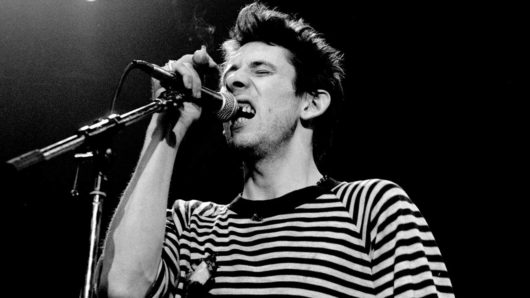From their indie beginnings, Blur – Damon Albarn (vocals), Graham Coxon (guitars), Alex James (bass) and Dave Rowntree (drums) – became household names as one of the leading groups in the Britpop movement. But they refused to be pigeonholed, moving on to more experimental material and creating one of the greatest catalogues in modern British music. These 20 best Blur songs reveal how that happened…
Listen to the best of Blur here, and check out our 20 best Blur songs, below.
20: Popscene (single A-side, 1992)
Following the baggy stylings of their debut album, Leisure (1991), the fizzy noise-pop of Popscene marked the point where Blur really began to find themselves. While it sounds like a celebration of a bright new scene (indeed, it’s considered to be one of the songs that kicked off Britpop), listen closer and you’ll hear Albarn brattily comparing himself and other musicians to clones going through the motions – a theme he’d return to regularly throughout Blur’s early albums. The public were not quite ready for brass-propelled punk blasts (the single stalled at No.32 on the UK chart), but it remains a defining moment in the band’s early history.




